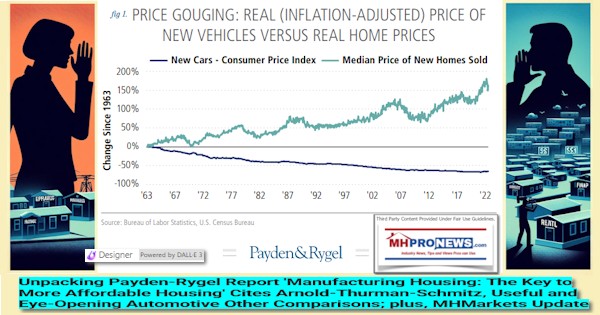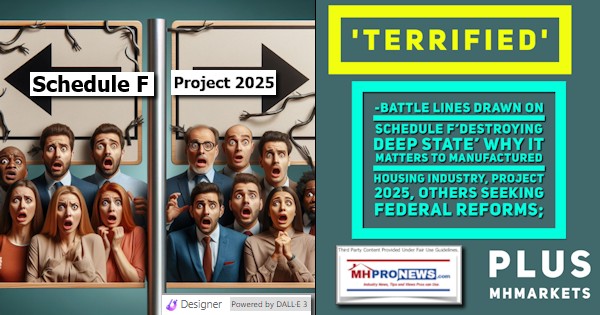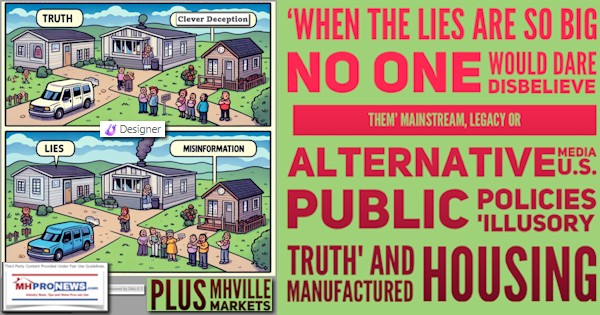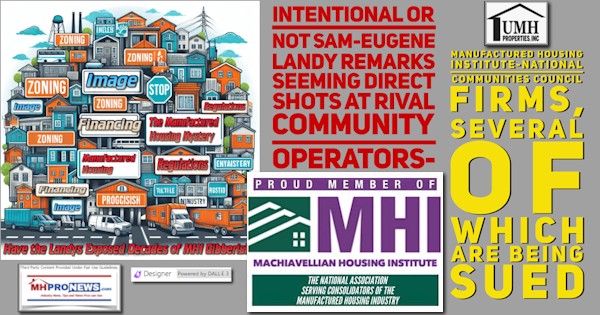
“During a lengthy presentation at the April 7-9 2015 HUD meeting with State Administrative Agencies (SAAs), Primary Inspection Agencies (PIAs), manufacturers and others, Savan representatives disclosed important data concerning the federally-administered DR program for default states and the state-based DR programs in two “representative” states, Texas and Virginia. That data—which is consistent with information obtained from HUD in response to a September 2012 MHARR Freedom of Information Act (FOIA) request, indicating an extremely low number of DR referrals within the federal system—is nonetheless startling. According to the data presented by Savan, between 2008 and 2014, of the 123,174 HUD Code manufactured homes placed in 23 federally-administered “default” states, only 24 homes—or 0.19%–were referred to federal dispute resolution (then being administered by HUD). Of those 24 referrals, only 3—or .002%–were found to actually qualify for dispute resolution. Meanwhile, in both Texas and Virginia, the DR referral rate in 2014 was only marginally higher—an identical 1.4 percent in both states—and still miniscule in comparison to the number of homes delivered and placed in those jurisdictions.”
The DR system responds to problems with a manufactured home up to one year after the home is installed, and its referrals—or lack of—could be considered a barometer of customer satisfaction and overall quality of today’s manufactured homes. HUD, however, considers the lack of DR cases the result of an absence of consumer knowledge of the DR program, as well as the need for more and better “outreach” and “education,” which MHARR says is Washington, D. C. code for make work. This, despite the fact that every purchaser or lessee is informed of the availability of DR services.
Weiss suggests HUD ‘s mission is to increase DR work, presumably for the benefit of the DR contractors, noting it would do nothing to help consumers. The National Commission on Manufactured Housing has determined that the majority of complaints about MH are related to improper installation, not the quality of the product. He says, “HUD, instead of acknowledging that success, promoting that success, and using that success to advance the availability and utilization of affordable manufactured housing, will pay a contractor to find and/or induce the complaints that its entrenched agency culture tells it must be out there.”
While HUD pays lip service to the quality of modern manufactured housing, it pays much more to contractors and subcontractors to monitor production and to seek complaints from consumers that do not seem to exist. Additionally, it does not include MH as an affordable housing option in its strategic planning, but continually imposes regulatory mandates on manufacturers.
According to the July 2014 Government Accountability Office (GAO) report on MH, HUD has done nothing to support MH lending through the Federal Housing Administration’s programs, nor has it encouraged the government sponsored enterprises (GSEs) to promote securitization of MH chattel loans.
Weiss concludes: “On the one hand, the 2000 reform law has been remarkably successful in ensuring and enhancing the quality, durability and safety of manufactured homes, while largely maintaining their fundamental affordability. On the other, institutional bias against manufactured housing at HUD, facilitated by a flawed, revenue-driven contracting system, clearly continues to impact program policy to the detriment of all stakeholders.” ##
(Photo credit: Sunshine Homes, Inc.)


























